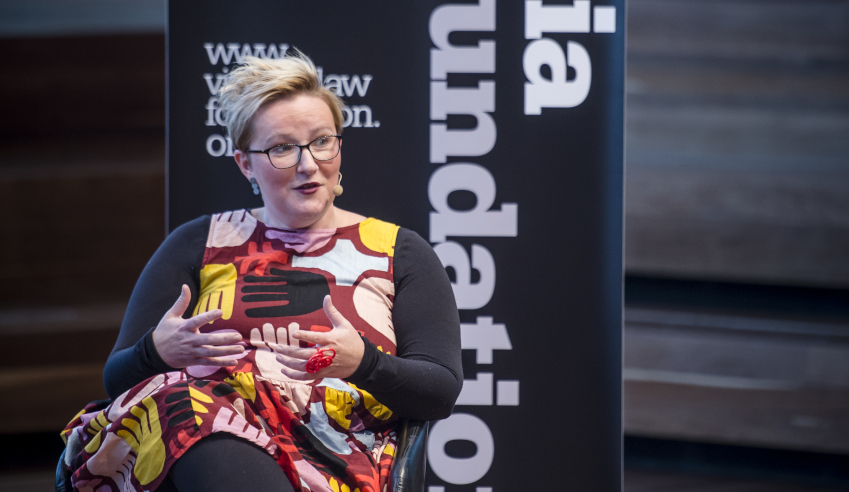Is sport a law unto itself?
Sport plays an important and powerful role in Australian culture, including shaping attitudes towards gender, bodies, roles and stereotypes, and it can be dangerous if and when sporting codes get to live by their own rules, according to a law academic.

Speaking to Lawyers Weekly in the wake of her appearance at the Victoria Law Foundation’s forum on sport and the law, Monash University Associate Professor Kate Seaar said sport can shape how we understand the value of men and women and what they are capable of.
To continue reading the rest of this article, please log in.
Create free account to get unlimited news articles and more!
“Where women are not treated equally or afforded the same opportunities as men, and where sport is culturally valorised, women may come to be understood as inferior to men,” she argued.
“Research from Our Watch also suggests there could be important links between sport and violence against women, and that offering women equal opportunities to play sport (including being paid equally) may help erode attitudes supportive of/linked to violence against women.”
In addition, the way that some sporting codes regulate drugs is questionable from a human rights point of view, she mused.
“Some sports treat drugs as a strict liability offence, impose mandatory sentences and arguably fail to afford athletes due process,” she said.
“It’s also important to point out that some ordinary drug offences (dealt with outside of the sporting context) also raise human rights questions. Liberty Victoria, for example, has argued that deemed possession laws are at odds with fundamental principles of law in that they effectively reverse the onus of proof.”
“I’d say, then, that although the way sporting organisations approach drug issues differ from the way criminal justice systems approach them, there are some important overlaps.”
There is a need, Ms Seear argued, for a more robust public discussion about the relationship between sport and rights.
“There are several bodies around the country that have a role to play in holding sporting organisations to account. WorkSafe prosecuted Essendon [Football Club], for example, but I understand that was a pretty unusual case and a rate instance of such an authority deciding to exercise its authority in such a way,” she said.
“Police also have the power to prosecute athletes for on-field assaults, but that power is used extremely rarely. I’d like to see more transparency, at the very least, from these kinds of bodies as to why they tend to steer clear of sport and leave sporting organisations to their own devices.”
There may be good reasons for this, she ceded, but those reasons should be disclosed to the public, she posited.
“If it turns out there’s some kind of unsatisfactory logic at play, then perhaps authorities such as the police need to be prepared to get involved more often, especially where criminal offending is involved, and to send a strong message to sport that it is not above the law.”
Photo credit: Victorian Law Foundation






